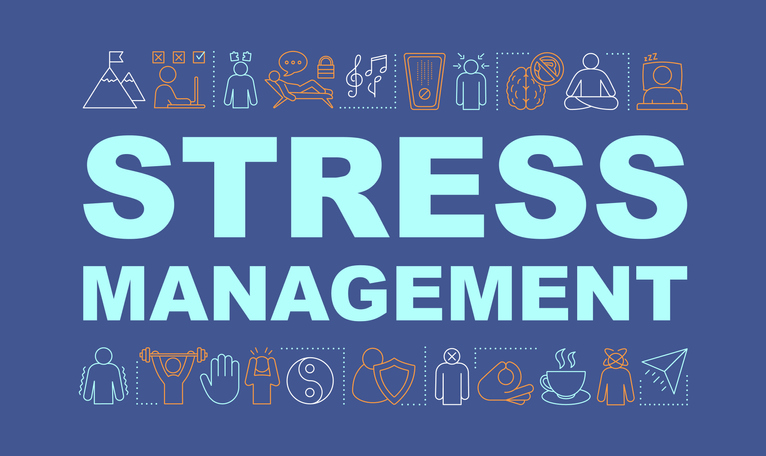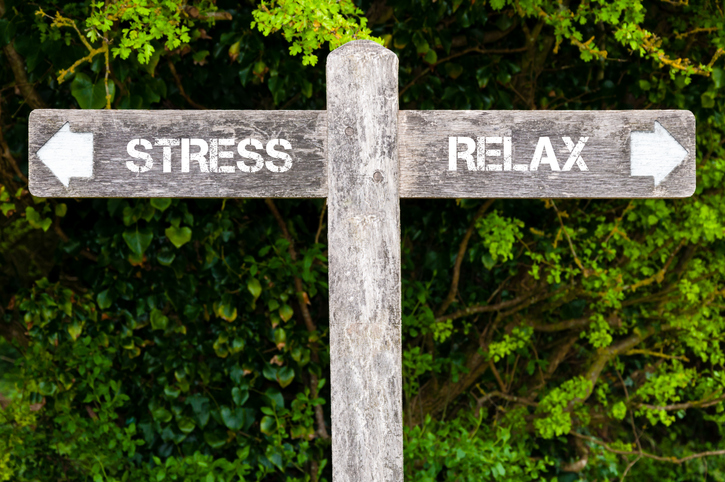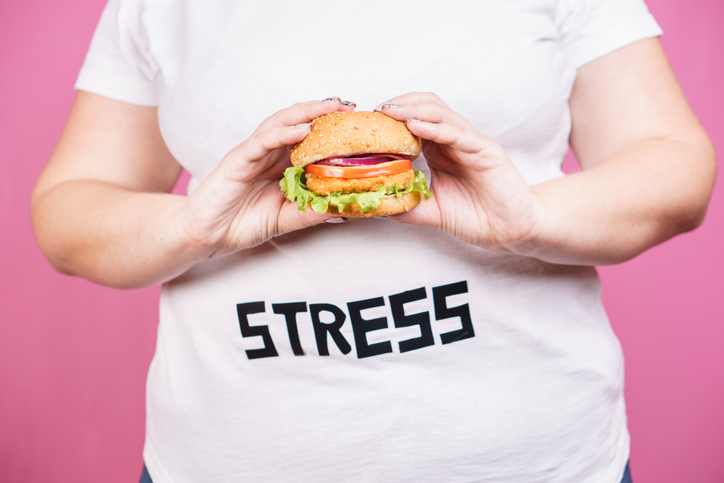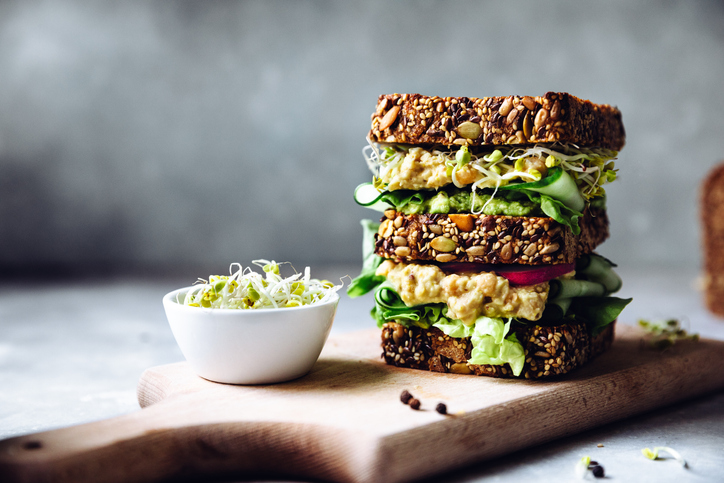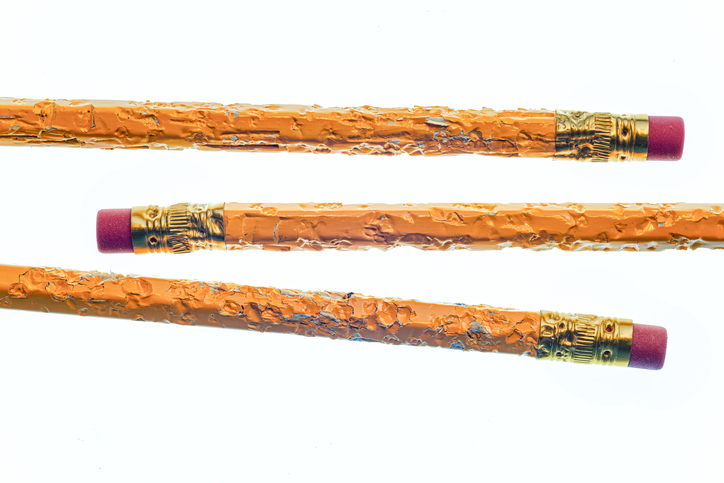Wellness
19 Quick Stress-Busting Tips
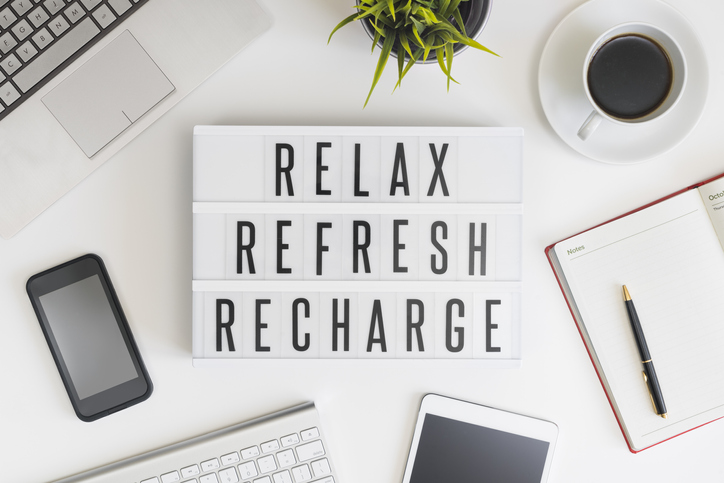
2 people found this helpful
Print
Share
Save
Stress is the emotional or physical tension the body creates when presented with events or thoughts that cause worry, frustration, anger or nervousness. Everyone experiences stress or anxiety in the workplace or their personal life at some point. Stress is a natural part of life. If stress becomes overwhelming, some quick stress-busting tips to try include the following:
- Take slow, deep breaths. Taking three deep breaths and slowly releasing them activates the parasympathetic nervous system, which controls the relaxation response. Deep breathing also slows the heart rate and distracts the mind from the stressor.
- Slow everything down. Stress causes heart rate, thoughts and actions to accelerate. Slowing down the acts of speaking, walking, thinking, working and other activities can ease stress. This also lowers anxiety and promotes a sense of control over stressful situations.
- Listen to music. Listening to soothing music relaxes the body. It helps to lower blood pressure and heart rate.
- Let it go. Identifying causes of stress that lead to anger and annoyance can help individuals make the conscious choice to either let it go or avoid the situation.
- Accomplish one thing. Too many responsibilities can be overwhelming. Choosing one simple thing, such as returning a phone call or making an appointment, can ease pressure.
- Take a short walk. While regular exercise routines help decrease stress hormones (cortisol), improve sleep quality, and increase confidence, short walks during stressful situations can ease acute stress.
- Go outside. Getting some fresh air for as little as five minutes can be rejuvenating.
- Drink water and eat nutritious snacks. Exacerbated feelings of stress can be caused from dehydration and hunger; therefore, drinking plenty of water and enjoying small nutritious snacks can help manage stress levels.
- Consider supplements. Certain supplements are known to reduce stress and anxiety. These supplements include, but are not limited to, lemon balm, omega-3 fatty acids, green tea, kava kava, ashwagandha and valerian root.
- Cuddle or hug when possible. Positive physical contact lowers blood pressure, heart rate, and cortisol levels.
- Stand or sit up straight. Bad posture increases back pain, muscle tension and stress levels. The head and shoulders should be held upright to avoid slumping.
- Light a candle. Certain essential oils or scented candles can reduce stress and anxious feelings. These scents include, but are not limited to, lavender, vetiver, frankincense, orange, rose, chamomile and sandalwood.
- Enjoy a reward. Small rewards, such as relaxing in a bath or reading a good book, can help ease the effects of a stressful day. This also helps with energizing and recharging for the next day.
- Journal. Writing about stressful experiences or maintaining a gratitude journal can relieve stress and anxiety. The “note” function on PainScale is a good place to journal.
- Chew gum. Chewing a stick of gum changes brain waves, resulting in a greater sense of wellbeing. It also increases blood flow to the brain, which, in turn, lowers stress.
- Laugh. Laughing can help relieve stress and muscle tension while also improving mood.
- Avoid procrastinating. Prioritizing tasks reduces stress by removing the need to scramble and rush to meet deadlines or catch up on needed tasks. Making a to-do list can help prevent procrastination.
- Play with a pet. Interacting with a pet releases oxytocin, a brain chemical that promotes positive moods.
- Practice mindfulness. Mindfulness promotes positive thinking and helps the mind stay in the present moment. Mindfulness also helps increase self-esteem, which reduces feelings of depression and anxiety.
